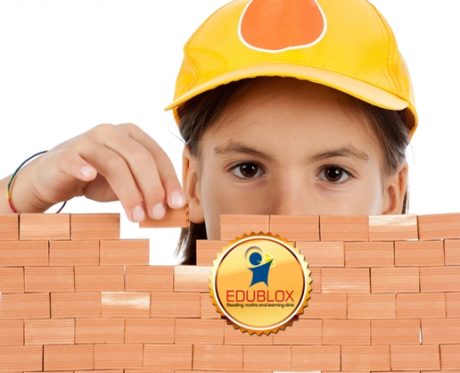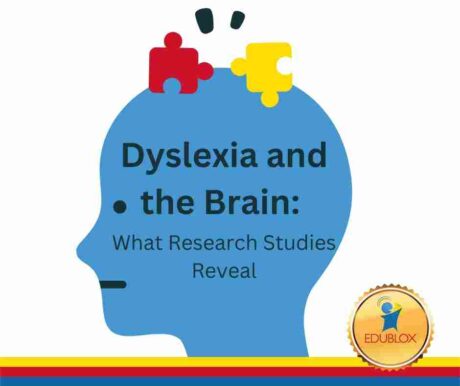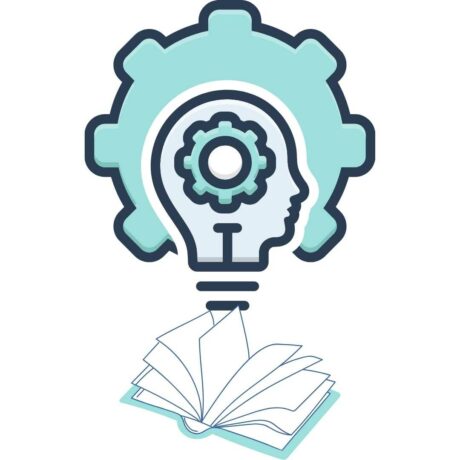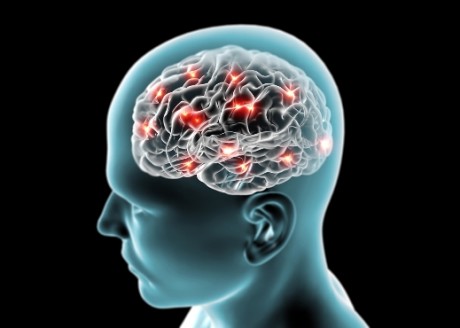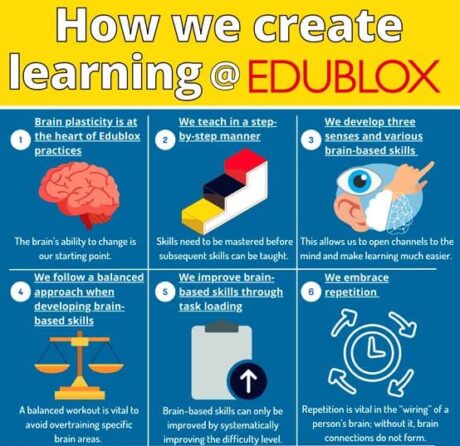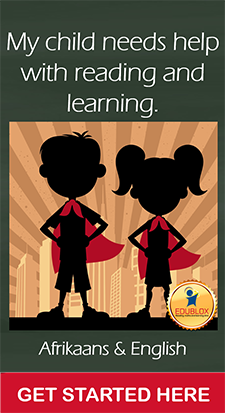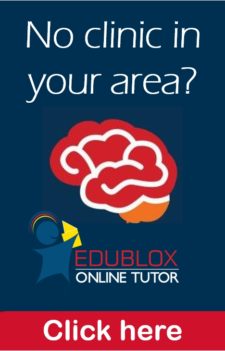Edublox Explained in a Nutshell
Learning is like building a house. The first step is to lay a foundation. Unless there is a strong and solid foundation, cracks will soon appear in the walls, and with no foundation, the walls will collapse. In the same way one needs to lay a proper foundation before it becomes possible for a child to benefit from a course in reading, writing and arithmetic...
Read MoreWhen Reading Fluency Is Good But Reading Comprehension Is Poor
Reading comprehension is the heart and goal of reading since the purpose of all reading is to gather meaning from the printed page. It is assumed that the comprehension of children who are good readers is on track. But three to ten percent of those children don’t understand most of what they’re reading.
Read MoreCognitive Skills Determine Learning Ability
Research has shown that cognitive skills are a determining factor of an individual's learning ability. Cognitive skills are mental skills used in the process of acquiring knowledge; according to Oxfordlearning.com, they are the skills that "separate the good learners from the so-so learners."
Read MoreDyslexia Symptoms and Signs
The signs and symptoms of dyslexia differ from person to person. However, some of the most common signs of dyslexia are outlined here.
Read MoreDyslexia and the Brain
Developmental dyslexia is considered a neurodevelopmental learning disability, estimated to affect between 5 and 13% of the population. This article reveals the differences between the dyslexia brain and typical brain, based on the latest research.
Read MoreEdublox Scores Big in Latest Customer Satisfaction Survey!
We take pride in the progress witnessed over the past year and the positive feedback received. For more than ten years, Edublox has consistently achieved such high scores, setting us apart in both service and results achieved by others in our field.
Read MoreStudiewenke: Haal die Angel Uit Eksamenskryf met 9 Studiewenke
Daar is min woorde wat leerders en hul ouers se bloed so vinnig in yswater laat verander soos die woord ‘eksamen’. Goeie studiegewoontes kan egter die eksamenvrees in eksamenvreugde verander. Hier is nege studiewenke, verskaf deur Hannelie Brönner van die Edublox-tak in Durbanville, wat sal help om die angel uit eksamenskryf uit te haal.
Read MoreReading Comprehension Difficulties and How to Help Kids Who Struggle
Reading comprehension refers to a reader’s ability to successfully interpret a text. Reading comprehension means making sense of what readers read and connecting the ideas in the text to what they already know.
Read MoreThe 5 R’s of Note-taking
Information presented in class often contains the central concepts of the course and the material most likely to be included on exams. Taking notes of the information presented is an important process. It allows you to have a written record of the lecture which may not be in your textbook....
Read MoreThe Fantastic Plastic Brain
It’s one of the most extraordinary discoveries of the 20th century. Neuroplasticity or brain plasticity is the finding that the brain can change, that new brain cells are constantly being born and dying, that new connections form, and that the internal structure of the existing synapses can change.
Read MoreHow We Create Learning @ Edublox
Edublox is an educational method that integrates cognitive training with reading, writing, or math tutoring and solid learning principles. Edublox assists students in becoming life-long learners and empowers them to realise their highest educational goals. While Edublox is not a quick fix, its use can permanently alleviate the symptoms of learning disabilities like dyslexia and dyscalculia. Here is how we create learning.
Read More


